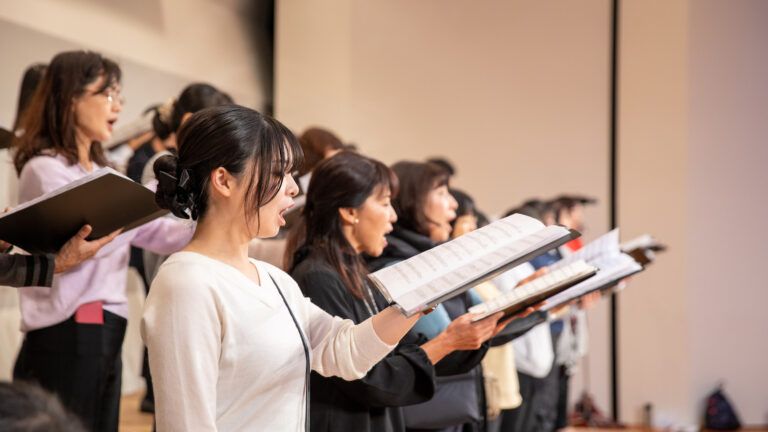Silence is not just for introverts. Sure, I’m an introvert. And yes, my first prayer retreat to a monastery where silence was observed (except in corporate worship) was a prayer-life-altering experience for me. And okay, I took my extrovert wife along with me a couple years later to the monastery with fear and trepidation, unsure whether she would survive four days and three nights of silence.
But that’s when she and I both discovered that silence is a boon for everyone: introverts, extroverts and ambiverts.
Don’t believe me? Try it. You’ll probably be surprised at the effects of silence, even if you never take a silent retreat. Here are a few tips for beginners:
1) Don’t Be Afraid
Silence can be intimidating at first, simply because you’re not used to it. How often do you experience real silence? Hardly ever, as we’re constantly surrounded by muzak, traffic sounds, radio and television, etc. But no matter how strange it may seem at first, try embracing the quiet.
2) Start Small
Find a quiet place and set the timer on your phone for five minutes. Try spending those minutes without external stimuli. Your mind may whirl frantically in the silence, but that’s okay. With time, your brain will begin to make adjustments.
3) Breathe
One way to channel mental distractions is to focus your mind on your breathing. Inhale through your nose, exhale through your mouth. Feel your lungs expand. Let your breathing affect your posture. Make each breath a one-word prayer, perhaps asking God to “fill” your life with good things as you inhale and “cleanse” you of stress, fear, or illness as you exhale.
4) Try a Daily or Weekly Technology Fast
Instead of reading on your smart phone during lunch, try eating in silence, savoring every bite. Or program your phone to block calls and your computer to “sleep” for a certain period every day; use that time to slow down, breathe deeply and think freely. You might even fast from technology on your day off or all weekend—people survive such rigors, you know.
5) Take a Walk
Find a park or woodland path, silence your phone and take a stroll. When’s the last time you actually strolled?
6) Observe
Freedom from aural stimuli can focus other senses. So, while you spend time in silence, set your other senses free. Notice the shapes and colors that surround you. Touch different textures. Breathe deeply of various scents.
7) Write
Silence need not mean inactivity. You may find (as I always do) that a little silence ignites your creativity and organizes your mind. Keep a pen and notebook handy to write down ideas, memories and prayers that occur to you in the silence.
After her first day at the silent monastery, my wife was alone in her private room and heard talking in the hall (where people were supposed to maintain the silence). She tried to be patient, but the “noise” soon disturbed her so much, she opened the door and shot a look at the offenders! She told me afterward of how surprised she was to learn that silence had so quickly become so important to her in that place. I nodded. I understood completely.





